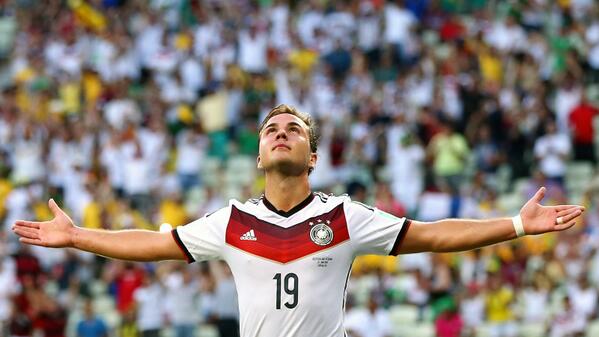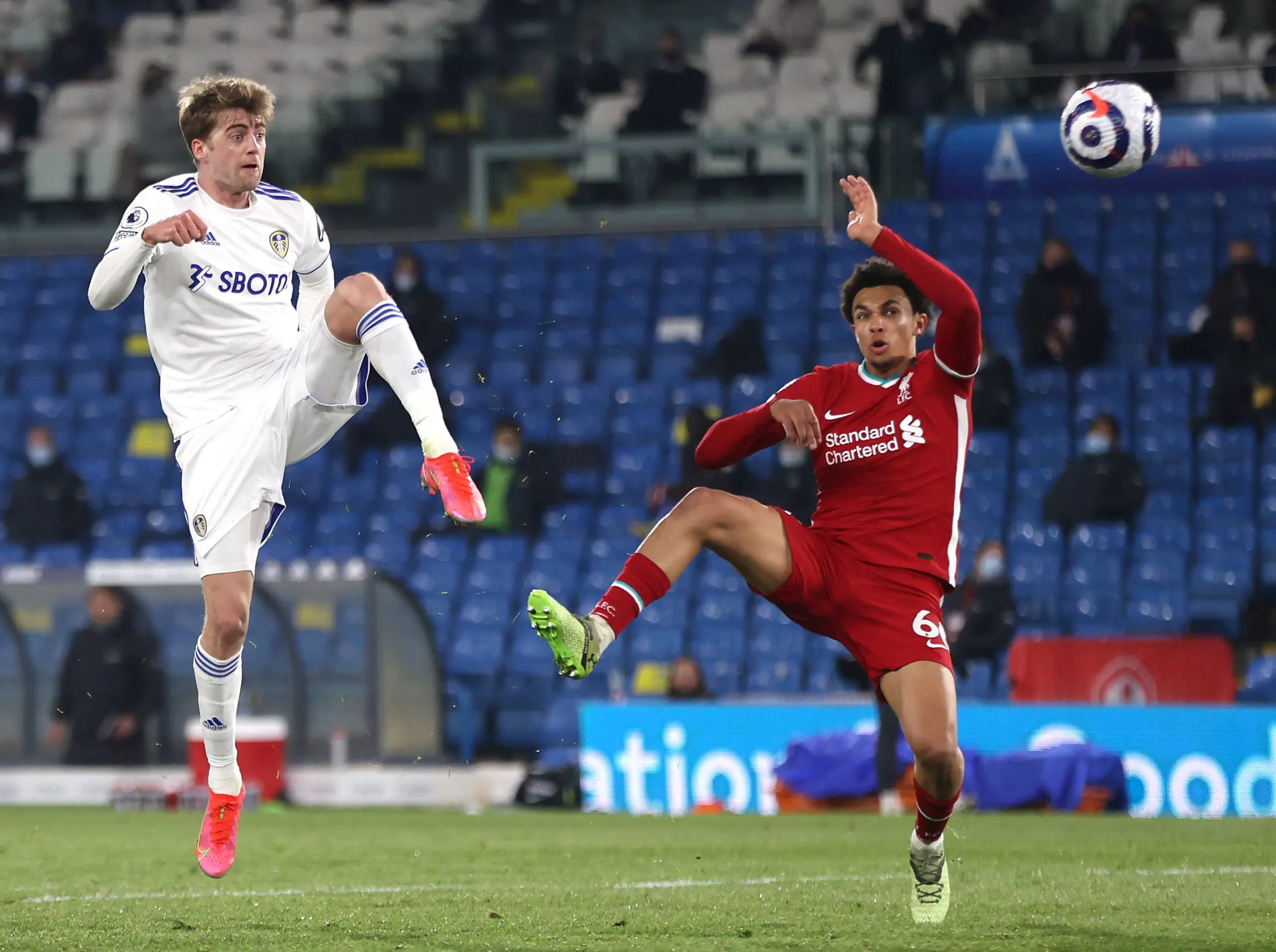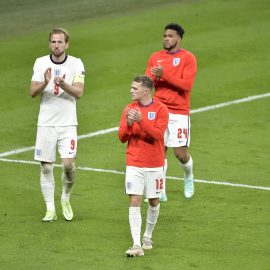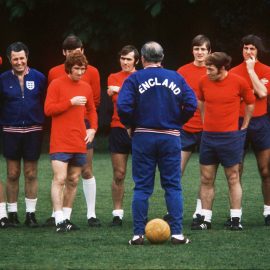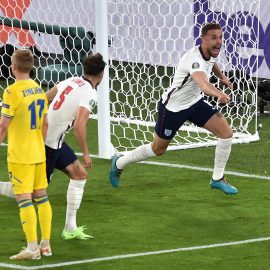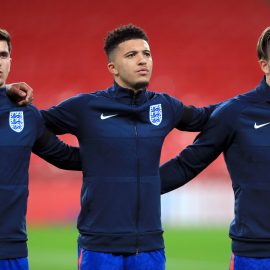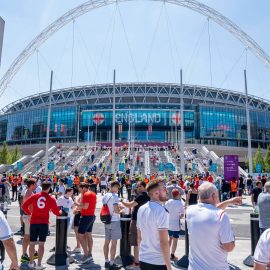Nearly two years ago, Mario Gotze was a name on everyone’s lips and shirts. Scoring a goal in the final of a World Cup leads one to the golden pages of sporting annals. And Gotze had done precisely that.
At about the same time, Italian attacker Ciro Immobile transferred to German heavyweights Borussia Dortmund for a hefty €18.5 million. Immobile was part of the Italy side that went out of the 2014 World Cup in group play.
Immobile had scored 23 goals for Torino in 2013/14 and arrived in Brazil bearing expectations to scale the heights of Roberto Baggio, Paolo Rossi and Toto Schillaci. The Naples-born forward barely succeeded, and he has been in a downward spiral ever since.
Things should have been plain and straight for Gotze though. But they have been anything but for the now 24-year-old. Both Gotze and Immobile — the two young players supposed to have the world at their feet — are at the crossroads of their respective careers.
Gotze has featured prominently for Germany at the Euros this term but there is a prevailing sense that he is not part of coach Joachim Low’s core group of players within the playing eleven. He has rather looked a square peg in a round hole to accommodate a sudden dearth of good centre forwards.
Meanwhile, Immobile is part of Italy’s reserves. After a single season in Dortmund, he landed in Spain with Sevilla and in January this year, he was loaned back to Torino. His journeyman’s career has contributed to his failure to cement a spot in the national team in an era where strikers are in short supply.
Choices of Clubs
Raheem Sterling, the fresh-faced 19-year-old kid, was England’s sole spark in Brazil 2014. Sterling had a stellar season with Liverpool in 2013/14, helping the Reds to within inches of the Premier League title. Fearless was the buzzword associated with Sterling; nothing seemed impossible for the Jamaica-born England international.
And now after two broken displays at Euro 2016, Sterling finds himself in the middle of a storm of criticism and abuse, from the stadiums to social media. So, what went wrong for Sterling between Brazil 2014 and Euro 2016?
His transfer to Manchester City from Liverpool is lazily accepted as one of the prime reasons for his regression. While that may not be entirely true, such subjective opinions can also be formed of Gotze and Immobile and how the next batch of European stars have faded quicker than anticipated.
Gotze’s much-trumpeted move to Bayern Munich has never really taken flight, and desperation has slowly set in leading to an imminent separation of the two parties. Sterling’s situation is less complex given the fact he joined Manchester City only last year.
Therein lies an example that shows how talent alone doesn’t guarantee success for players not living up to their early promise. Both have won silverware after switching clubs, and have also been national team mainstays, but the overriding sense is of regret, and what could have been.
There have been debates about the contrasting management styles and profiles both Gotze and Sterling have been subjected to at their new clubs. While the former felt loved under Jurgen Klopp at Dortmund and the latter excelled under the nuanced micro management of Brendan Rodgers, the methodical Pep Guardiola and the mundane Manuel Pellegrini have turned both players into incompetent shadows of their former selves.
As much as people liken football to science, the sport’s state of perpetual motion renders it more a craft than anything else. Subtleties and the human factor come into play; the way Europe has somewhat lost their two brightest stars in so little time owes much to the business-driven, mechanical sport football has become and lesser the emotional affair it used to be.
Gotze, Immobile and Sterling and their respective national teams are still alive at Euro 2016, a competition which has reduced them — the would-be main-eventers — to nothing more than ineffective sideshows. There are other, less-heralded ones as well, but the point has been made, a glimpse of football’s future seen.
Zlatan Ibrahimovic’s retirement from international football perhaps is the clearest signal yet of the changing landscape. The characters are slowly disappearing, their place taken over by an ever impatient generation where stardom doesn’t quite equate to success.
Add Sportslens to your Google News Feed!
